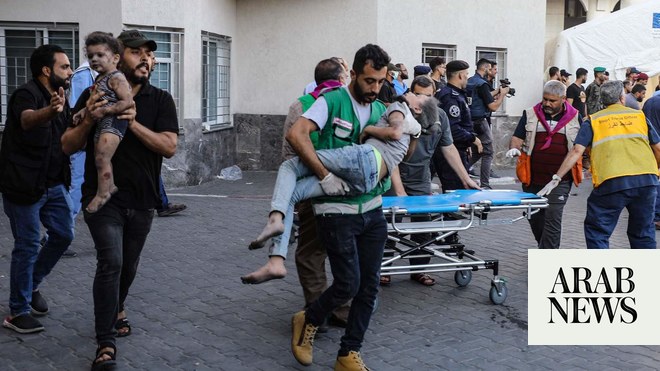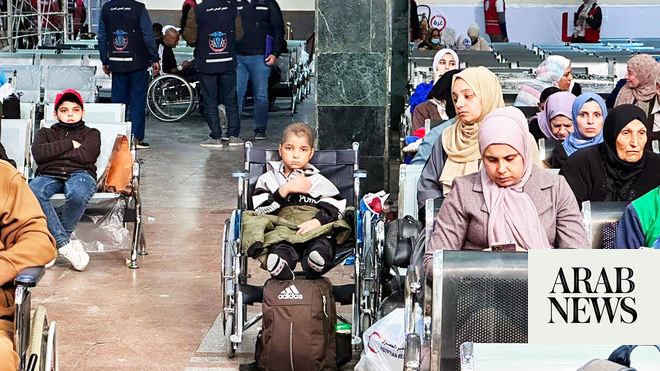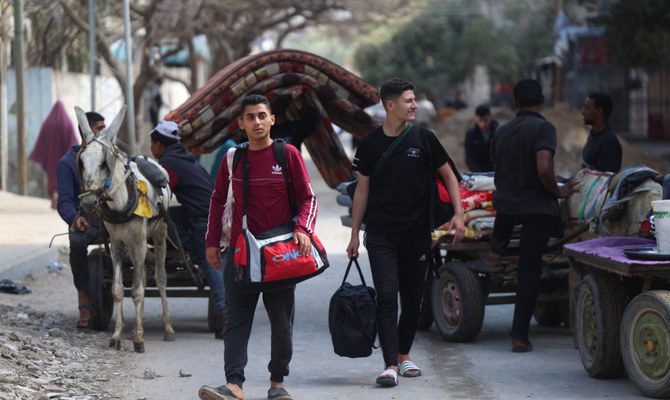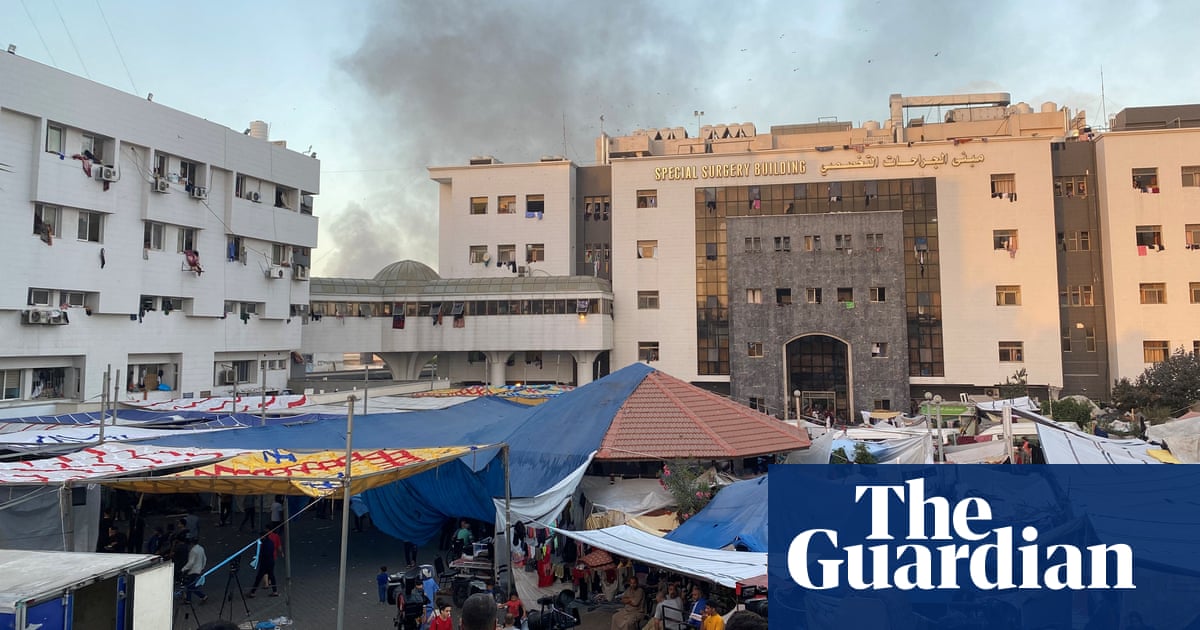
Thousands of patients now fear for their lives as they cannot travel to receive treatment in Jerusalem and the West Bank
Omar Yaghi was not yet eight months old when he died; the first victim of the end of security coordination between the Palestinian Authority (PA) and Israel.
Thousands of patients in the Gaza Strip now fear for their lives, because they cannot travel to receive treatment in hospitals in Jerusalem and the West Bank.
Nesreen Al-Shawaf said that her 14-year-old son Saddam, who has leukemia, was not able to receive treatment in the Gaza Strip, and that he needed to travel to the West Bank.
Al-Shawaf had previously received financial aid from the PA for Saddam to get treatment in an Israeli hospital, since he was diagnosed aged just 6.
But more than 2 years ago, due to a decision by the PA to stop medical referrals to Israeli hospitals, in what appeared to be a response to Israel’s policy of withholding Palestinian tax revenue, the treatment of Gaza’s patients was transferred insteas to Palestinian hospitals in Jerusalem and the West Bank.
For years, the PA has been responsible for the bill to treat serious and incurable disease of Palestinians. Cancer constitutes between 30 and 40 percent of it, with a financial value of about $120 million annually, with most of that going to Israeli hospitals.
Al-Shawaf believes that Palestinian hospitals in the West Bank are less able to deal with many complex medical conditions than their Israeli counterparts, but they remain well ahead of those in Gaza.
But now, even this option is no longer available to patients in Gaza, after President Mahmoud Abbas’s decision on May 20 to dissolve all agreements and understandings with Israel and the US, including on security coordination, meaning patients are no longer able to obtain exit permits for treatment outside Gaza.
“I am very worried, if I cannot get out of Gaza to continue treatment for my son this could threaten his life and put him at risk. I hope that does not happen,” Al-Shawaf told Arab News.
The General Authority of Civil Affairs, the Palestinian authority responsible for communicating with Israel, has stopped working to coordinate patient travel.
The head of the authority in Gaza, Saleh Al-Zaq, said: “The authority is an executive body and abides by the political and sovereign decisions taken by the PA.
“This issue is no longer within the duties of the authority, which does not have the power to coordinate and communicate with the Israeli side, according to the decision of President Abbas.”
Local treatment
On May 16, the Palestinian Prime Minister Muhammad Shtayyeh announced that Gaza’s patients would be treated in two hospitals in the Gaza Strip contracted by the PA.
He said the PA would turn to international organizations, such as the World Health Organization and the International Committee of the Red Cross (ICRC), to help deliver the medical equipment and medicines needed.
According to the Palestinian Ministry of Health, 16,000 cancer patients need treatment in Gaza, with 120 to 130 new cases diagnosed each month. About 15 deaths are recorded monthly.
Ziyad Al-Khuzindar, an oncology consultant at the Basmat Amal Foundation for Cancer Care, said that the capabilities in Gaza in terms of the number of hospitals, centers, and specialized medical teams were insufficient to meet the need of patients.
“Gaza suffers from complex health crises related to a severe shortage of specialists, medicines and medical equipment, especially radiotherapy devices, and the suffering of patients has increased not only with the decision of the PA to stop security coordination, but since medical referrals have stopped,” he told Arab News.
The director of the referrals department, Mazen Al-Hindi, said: “The PA aims to localize treatment services in Palestinian hospitals in the West Bank and Gaza, and to give priority to referral of critical cases to hospitals in Egypt and Jordan as an alternative to Israeli hospitals.
“In the event of severe need to deal with Israeli hospitals, especially those with marrow transplantation and cancer treatment with atomic scanning, the coordination with Israelis will be through the ICRC,” he told Arab News.
The Association of Physicians for Human Rights, an Israeli NGO, has warned of a real threat to the lives of thousands of Palestinian patients who need to be treated in Israeli or East Jerusalem hospitals.
“Israel controls the crossings and the lives of Palestinians in the West Bank and Gaza, and it controls the lives of Palestinians in all aspects, and it must bear responsibility for its occupation and the management systems it established through decades,” said the association’s official, Ghada Majadleh.










